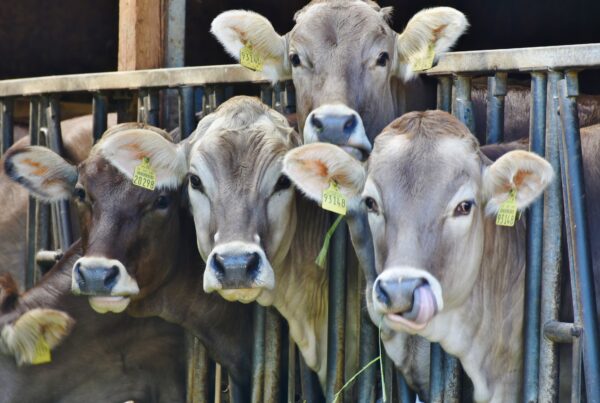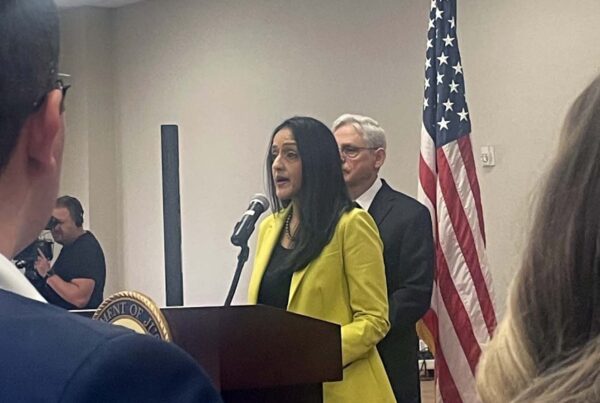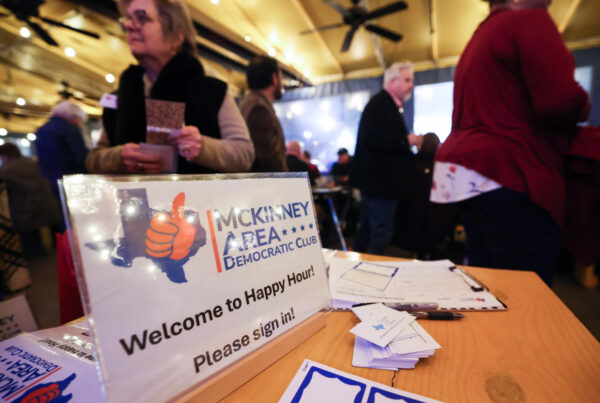The political countdown clock is ticking down to the March 5 Texas primaries as we rocket toward the November election.
After this week’s first-in-the-nation primary in New Hampshire and the caucuses in Iowa, something stands out for its relative absence: What about the debates?
There are a few on the calendar, including one this weekend between the three leading candidates for the Texas Democratic nomination for U.S. Senate.
U.S. Rep. Colin Allred of Dallas, state Sen. Roland Gutierrez of San Antonio and state Rep. Carl Sherman of DeSoto will share the stage for the first time at the annual Texas AFL-CIO conference in Austin in a debate that will be live streamed on the group’s Facebook page.
Cayla Harris, who covers state politics for the San Antonio Express-News Austin Bureau, said the debate will give Democratic voters a chance to parse the differences between the three Senate hopefuls.
“We have Colin Allred who is the clear frontrunner, has a ton of money, has been serving in Congress already, and he’s kind of presenting himself as a moderate, bipartisan alternative to Ted Cruz if he advances to the general election,” Harris said. “He’s facing off against Roland Gutierrez, who is a more progressive candidate, who’s been very vocal after the Uvalde shooting, which is in his district. He’s been a very vocal proponent of gun reform and gun control measures.
“And then Carl Sherman is interesting because he was a little bit of a later entry into this race. But he’s a state representative who has prioritized similar progressive-ish policies. And he’s also a minister and a former mayor of the city.”
» GET MORE NEWS FROM AROUND THE STATE: Sign up for Texas Standard’s weekly newsletters
Texas can also look forward to hosting the first presidential debate between party nominees in the fall at Texas State University – the first time a presidential debate will take place in the Lone Star State.
Despite these scheduled events, there’s been a general decline over the years in the number of debates that political hopefuls participate in, especially during the primary season. Harris said it is hard to find exact data but that experts are definitely noticing a trend.
“There are a bunch of reasons” for the decline, she said. “First, we all know that everything is getting more polarized – politics is more polarized – and so debates aren’t as great of a form as they used to be to have policy discussions, especially during primaries when the platforms aren’t really that different between the candidates. So debates aren’t really good faith discussions anymore. In a lot of cases, they’re kind of just mudslinging. At least that’s what the experts say.”
This has led some politicians, including former President Donald Trump, not to participate in debates; he skipped out on GOP primary debates earlier this year.
“Donald Trump, because he’s done this on such a large stage, has given license to lots of other people to not participate in debates, even when they’ve been long-standing traditions,” Harris said. “When you’re the frontrunner or the incumbent in a race, there’s nothing to gain necessarily – at least that’s what the experts say – from participating in a debate: If you’re already in the lead by 20 or 30 points in your internal polling, you might not want to risk making a mistake or giving a platform to somebody else who could impact those numbers.”
Debates also are not as popular with viewers as they were a few decades ago, in part because of the rise of social media, Harris said.
“Experts have said if you can just make your case online on X or on Facebook to people who are going to vote for you, then you don’t necessarily need to do it on a debate stage. And because, again, politics have become so polarized, people aren’t as interested in watching these,” she said. “And there’s also an argument to be made that the growing distrust in the media over time has also negatively impacted debate viewership, because people don’t trust that the people moderating the debates are going to give everybody a fair shot.”













